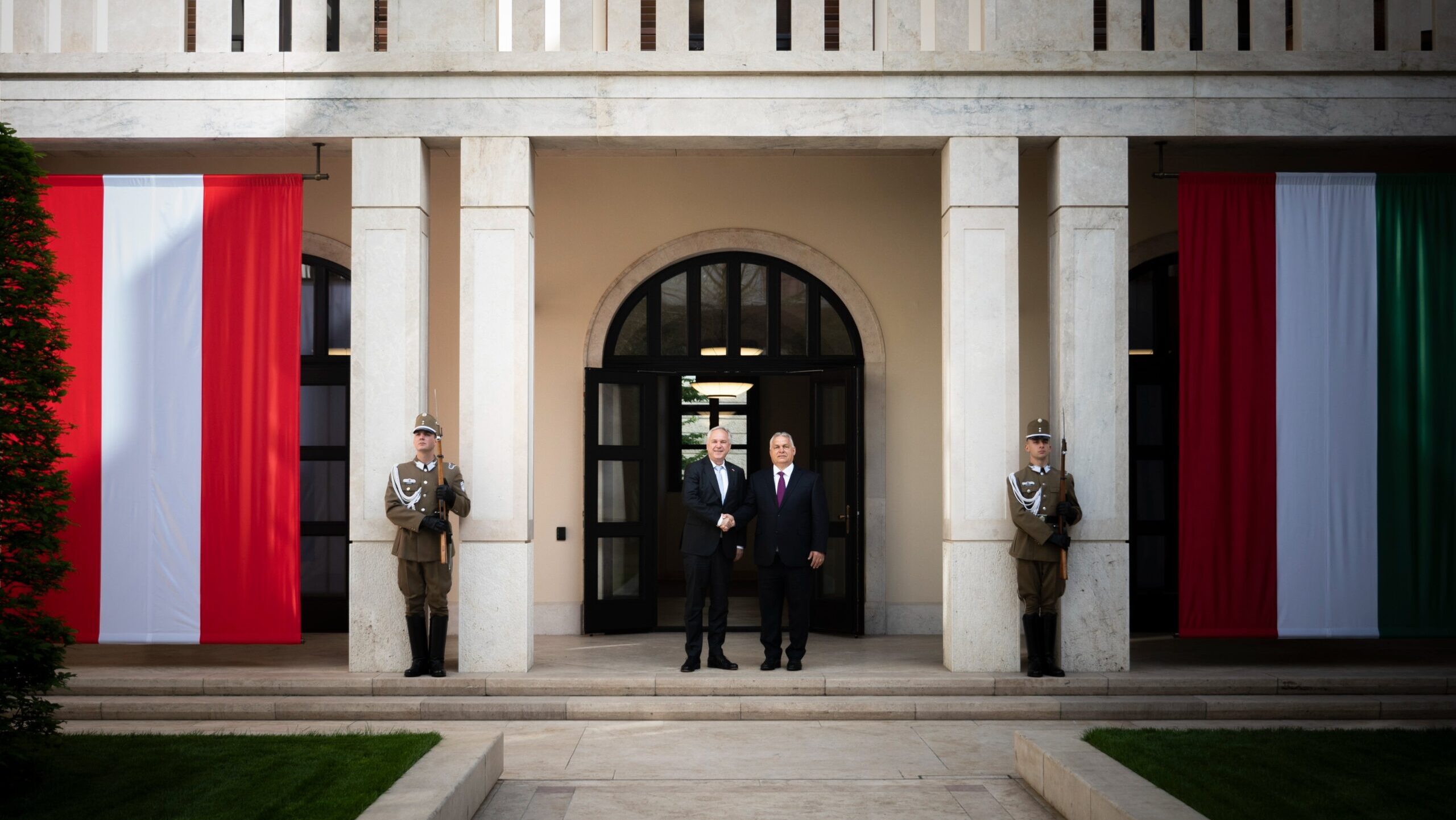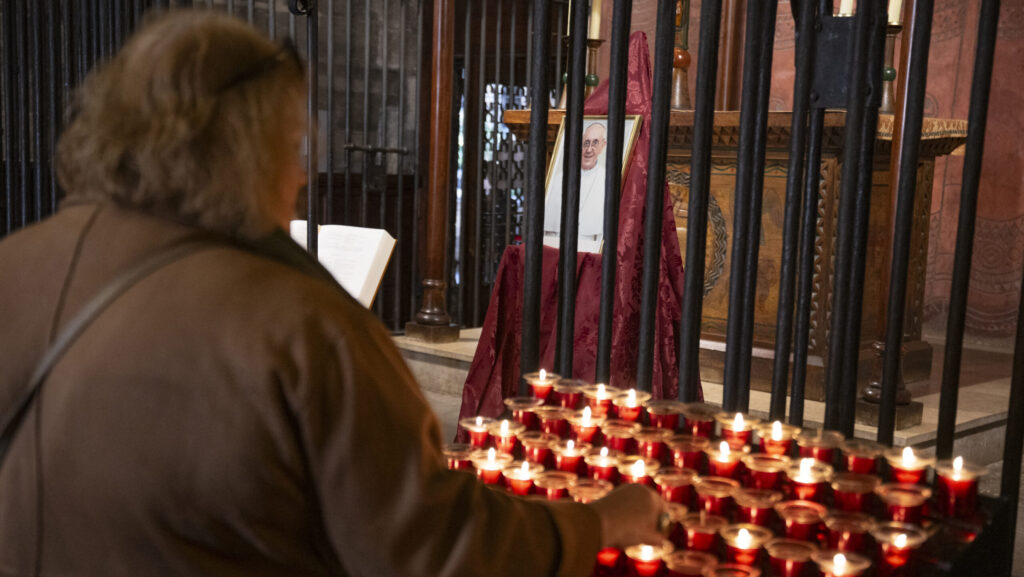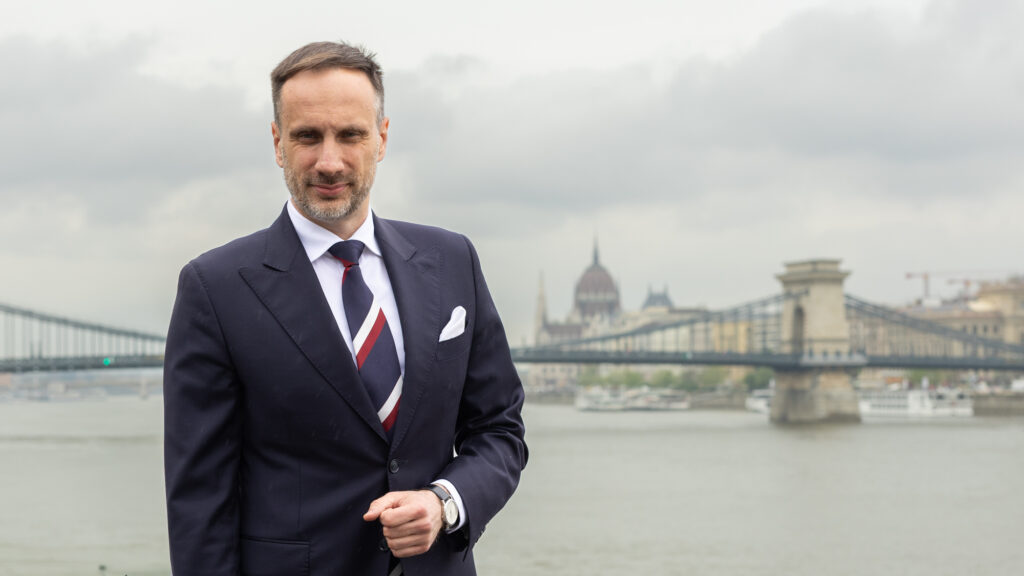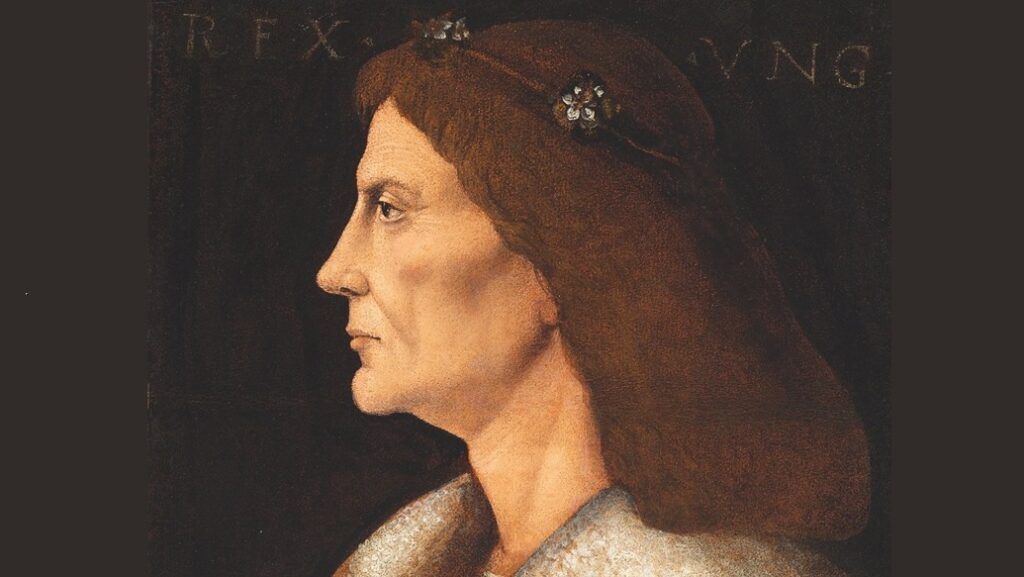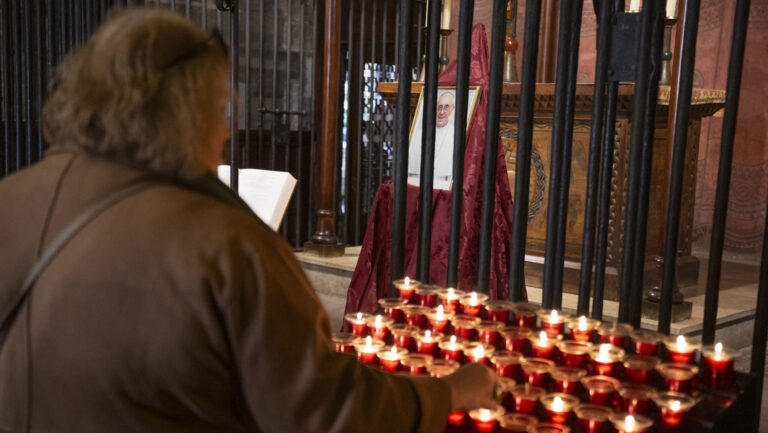Hungarian Prime Minister Viktor Orbán met with Walter Rosenkranz, President of the Austrian National Council, on Tuesday morning in Budapest. According to a post shared by the Prime Minister on X, the discussion focused not only on key bilateral issues, but also on the serious risks posed by Ukraine’s fast-track accession to the European Union—particularly from security, economic, and agricultural perspectives.
Orbán Viktor on X (formerly Twitter): “🇭🇺🤝🇦🇹 Today, I welcomed Walter Rosenkranz, President of the Austrian National Council, to Budapest. Besides discussing key bilateral issues, we focused on the serious risks posed by Ukraine’s EU accession – particularly to our security, economies, and agriculture. pic.twitter.com/t4qHA4cToj / X”
🇭🇺🤝🇦🇹 Today, I welcomed Walter Rosenkranz, President of the Austrian National Council, to Budapest. Besides discussing key bilateral issues, we focused on the serious risks posed by Ukraine’s EU accession – particularly to our security, economies, and agriculture. pic.twitter.com/t4qHA4cToj
Rosenkranz is a member of the Austrian Freedom Party (FPÖ), which, despite winning the parliamentary election last year, failed to form a government and thus moved into opposition. FPÖ leader Herbert Kickl is one of Viktor Orbán’s closest allies in the region. The two, together with former Czech Prime Minister and opposition leader Andrej Babiš, co-founded the European Parliamentary group Patriots for Europe (PfE) in June 2024. PfE is currently the third-largest group in the European Parliament, trailing only the Socialists and Democrats (S&D) and the European People’s Party (EPP).
Kyiv’s EU accession has become a central topic in Hungarian public discourse, particularly since early March, when Brussels—together with several Baltic and Nordic EU member states—began to intensify political pressure for Ukraine’s fast-track membership. This would mean that a country currently at war could become a full EU member by 2030. Orbán has taken a firm stand against such an accelerated accession process, pointing out that the war has already cost EU member states billions of euros. Admitting a country the size of Ukraine, he argues, would drain cohesion funding and could even turn countries like Hungary into net contributors.
While Orbán stands alone among EU leaders in openly opposing Ukraine’s accession, several governments—and their electorates—hold similarly sceptical views. Public sentiment towards Kyiv is shifting in Poland, for example, and Austrians remain divided on the issue. The FPÖ won roughly 30 per cent of the vote with sharp criticism of the EU’s Ukraine policy, opposing sanctions on Russia, financial and military support for Kyiv, and Ukraine’s accession to the Union. Austrians are among the most eurosceptic populations in the bloc, with 39 per cent believing their country has not benefited from EU membership. Consequently, many Austrians view future enlargement—including Ukraine—negatively.
Strong Relations Rooted in Shared History
During his visit to Hungary, Rosenkranz also met with Speaker of the Hungarian National Assembly László Kövér. Following their meeting, Kövér highlighted the ‘traditionally good’ relations between the two countries, which are rooted not only in history but also in economic ties. ‘Austria is Hungary's fourth-largest trading partner and second-largest investor, and more than 100,000 Hungarian workers strengthen the Austrian economy,’ he noted. Kövér also underlined that Hungarian and Austrian interests often align on the international stage, opening the door for deeper parliamentary cooperation. ‘Hungary and Austria can smoothly continue the excellent relationship established earlier,’ he concluded.
‘Austria is Hungary's fourth-largest trading partner and second-largest investor’
Rosenkranz stressed the importance of personal meetings to share the views of their respective nations on the issues and challenges they face. He recalled that, before the fall of the Iron Curtain, Austria was the easternmost country in the free part of Europe, while Hungary was the westernmost in the communist bloc. Since then, both countries have found themselves at the heart of Europe—not only geographically, but also due to their centuries of historical interconnectedness. He emphasized the need for joint Hungarian–Austrian efforts to advance the integration of the Western Balkans into the European Union. ‘This is not only in the interest of Europe and the EU, but also of our two countries,’ he stated.
Related articles:

